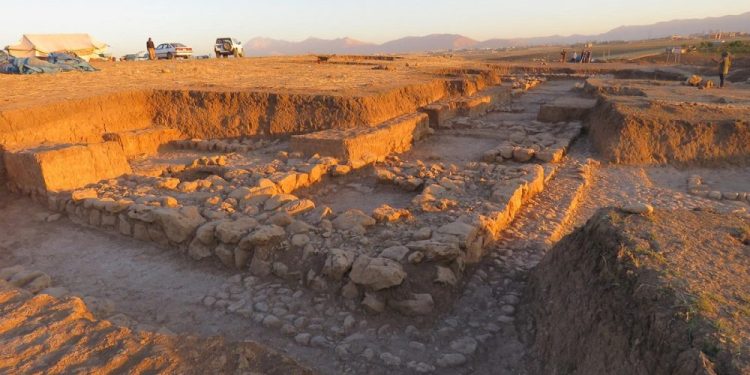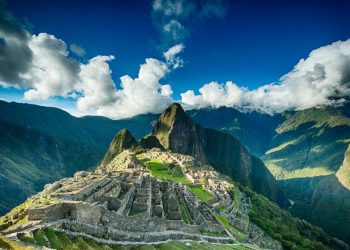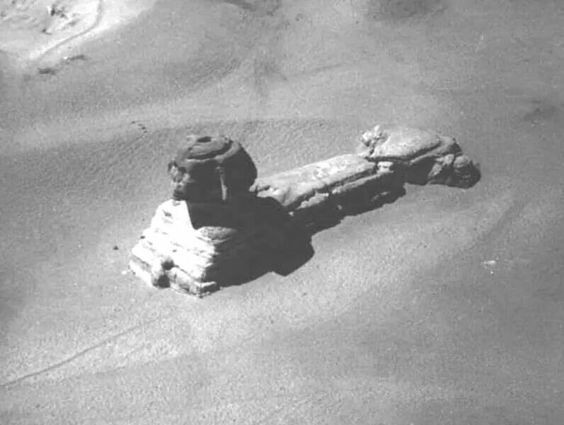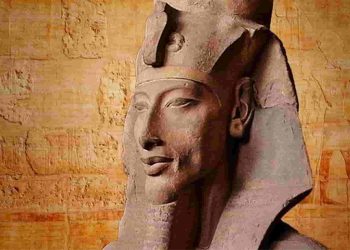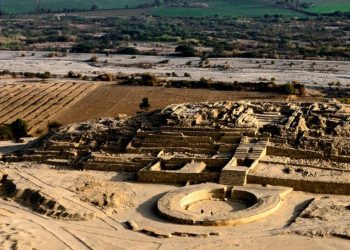Archaeologists have discovered a 4,000-year-old lost ancient city that is thought to have bordered the ancient Mesopotamian Empire. The unexpected discovery points to an ancient, thriving city of mountain people that once stood at the western Mesopotamian border.
A Lost City at the Gates of Ancient Mesopotamia
The discovery of the lost city was made in Iraqi Kurdistan. The ancient city is believed to have thrived next to Mesopotamia’s first Empire, the Akkadians, more than 4,000 years ago. The site where the discovery was made was already being excavated since 2012, but experts were taken by surprise when they discovered the remains of an ancient city dating back to the third millennium BC.
“We weren’t expecting to discover a city here at all,” admitted Christine Kepinski, one of the first scientists to identify the site as a potential area to investigate, in an article published in the French National Center for Scientific Research (CNRS) journal.
An unexpected, rare find
The site where the surprising remains of the city were found was off-limits to archeologists until recently. The area opened up to archaeologists following the fall of the late Iraqi leader Saddam Hussein and subsequent regional tensions, the researchers revealed in a statement. Only now s the region is revealing the secrets of ancient civilizations that lived in the region thousands of years ago.
“The city of Kunara provides new elements regarding a hitherto unknown people that have remained at the periphery of Mesopotamian studies,” project leader Aline Tenu of the Mission archéologique française du Peramagron explained.
A Lost City
The city, once a vast urban center, was located just at the base of the Zagros mountains. Five archeological digs at the site have revealed massive stone foundations of a once thriving city, stretching dozens of meters across. Archeologists have also discovered evidence of major livestock farming, irrigation, and agriculture, indicating the city of Kunara was once a major thriving settlement that existed alongside the western border of the ancient Akkadian Empire, one of the oldest kingdoms in the world.
Important Cuneiform Tablets
In addition to finding evidence of the city’s structure, archeologists have excavated a collection of small, 10-centimeter-wide clay tablets inscribed with one of the earliest forms of writing: Cuneiform writing.
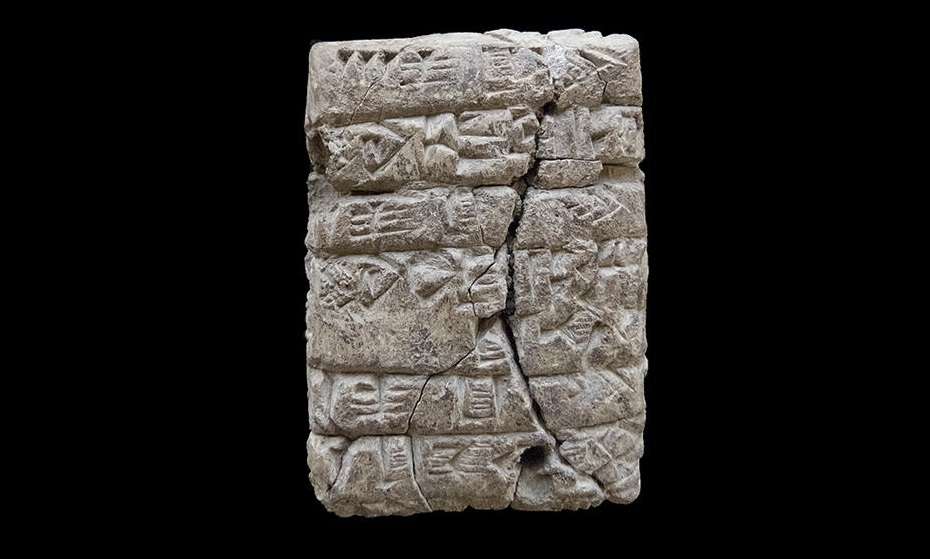
The clay tablets recorded trade agreements for flour in the region. According to archaeologists, these tablets are of great importance since they show that the city’s scribes “had a firm grasp of Akkadian and Sumerian writing, as well as that of their Mesopotamian neighbors,” as explained by CNRS cuneiform specialist Philippe Clancier.
A plethora of Items
But a wealth of other artifacts excavated by experts also suggests the city was wealthy and prosperous, with commercial activity with regions located far away. Experts excavated the bones of sheep and pigs and the remains of lions and bears, considered prestigious animals in ancient times. This indicates the city was home to royal hunts or frequently received exotic gifts from afar. Archeologists have discovered evidence of tools and artifacts crafted from materials not native to the region, indicating the city bought and traded the materials from other cities.
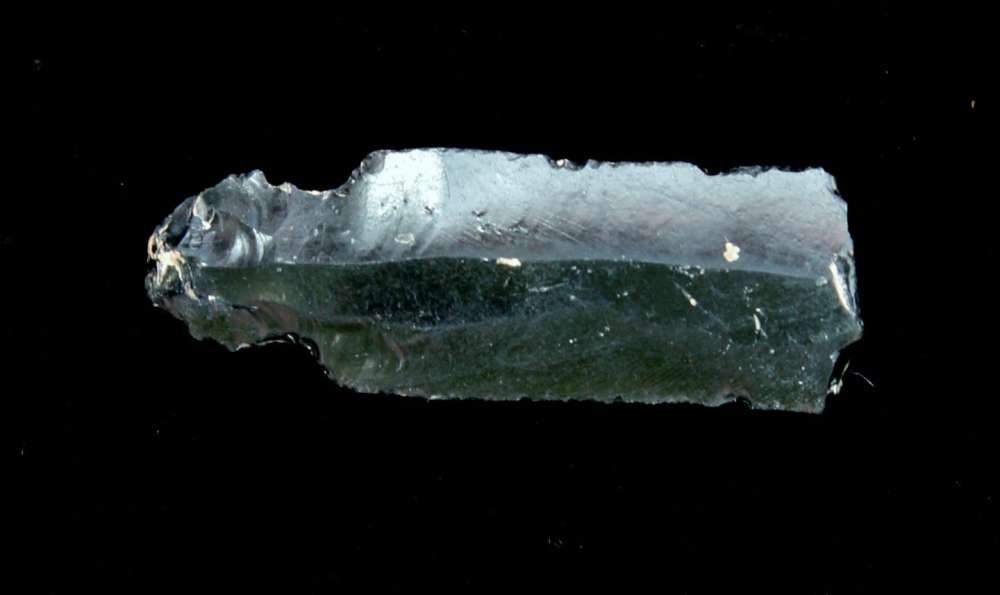
“The city must have even been fairly prosperous,” Tenu explained, adding, “as rare stones such as obsidian [and carnelian, a semi-precious gems stone] were used to produce entirely commonplace tools.” “The city most likely took advantage of its strategic location on the border between the Iranian kingdom in the east and the Mesopotamian kingdom in the west and south,” Kepinski suggests.
Excavations at Kunara will continue as experts try to uncover the city’s fate and history. It is noteworthy that the city’s original name was not Kunara. The lost city was dubbed ‘Kunara’ after archaeological digs at the Kunara Site. Experts have still not found evidence of the city’s original name.
Have something to add? Visit Curiosmos on Facebook. Join the discussion in our mobile Telegram group.
Join the Conversation!
Have something to share or discuss? Connect with us on Facebook and join like-minded explorers in our Telegram group. For the latest discoveries and insights, make sure to follow us on Google News.



